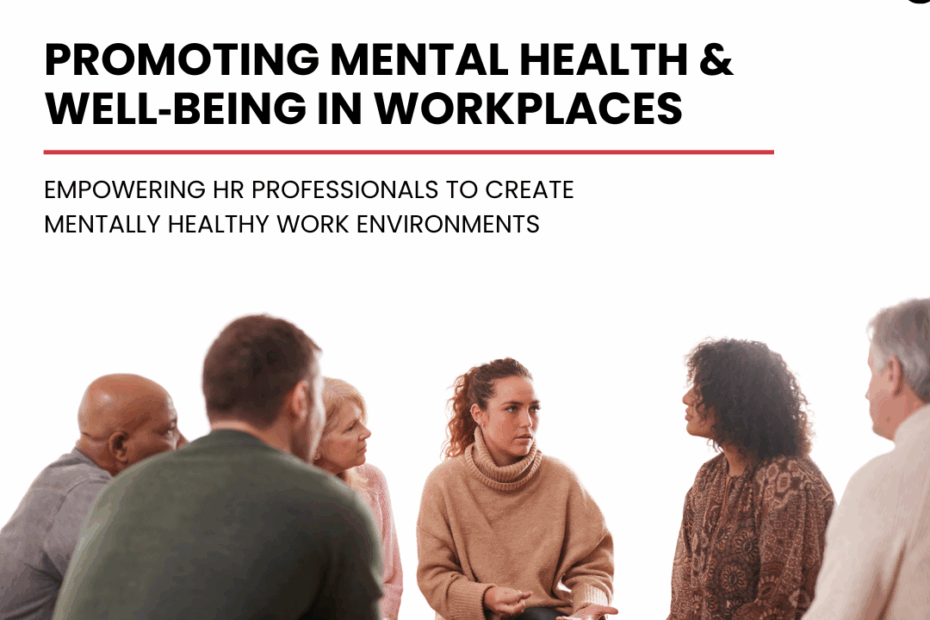Poor mental health carries a heavy human and economic cost across the European Union. Even before COVID‑19, an estimated 84 million people in the EU, more than one in six, experienced a mental health condition, at a societal cost exceeding €600 billion per year (over 4 % of EU GDP) in direct and indirect expenses.
For those working to support HR professionals across Europe, this context means helping them navigate a rapidly evolving landscape of workplace expectations and challenges. Aligning local efforts with EU-wide strategies and data-driven best practices is essential to effectively address the growing need for mental health and well-being in the workplace.
Roughly 17 % of EU citizens had a mental health problem pre‑pandemic, rising to 46 % reporting emotional or psychosocial struggles within a 12‑month period in mid‑2023
In response, the European Commission launched a new comprehensive approach to mental health in 2023. With an investment of €1.23 billion across 20 flagship initiatives, the EU aims to improve prevention, access to care, and reintegration into work and society. This strategy builds on three core pillars: prevention, high-quality support, and inclusive reintegration.
To implement an effective mental health strategy in the workplace, organisations should begin with data. Resources such as Eurostat’s dashboards and Eurobarometer surveys provide useful benchmarking tools. These show, for example, that nearly 45% of workers in the EU report being exposed to risk factors affecting their mental well-being. With such data, HR professionals and those who support them can better tailor interventions to meet the specific needs of their teams or sectors.
Policy design should also be informed by EU frameworks. The EU Framework Agreement on Telework, for instance, can guide the development of flexible working policies, while digital tools co-funded through EU initiatives offer scalable solutions for self-screening and remote support. Promising examples include AI-based “nudges” that promote healthier work habits and multilingual platforms that connect workers to mental health professionals across borders, tools that can be adapted while remaining fully compliant with data protection regulations like the GDPR.
Managers also play a pivotal role in ensuring workplace well-being. To support them, organisations can turn to EU-aligned training modules grounded in the European Pillar of Social Rights. These help managers recognise psychosocial hazards, hold sensitive conversations, and direct employees to relevant support services. At the same time, cross-cultural sensitivity is essential, as perceptions of stress and mental health may vary across regions. Protocols for support should therefore be multilingual and reflect national service structures while maintaining a common EU-oriented approach.
A healthy culture depends not only on policy, but also on visibility and consistency. Leadership engagement is key—senior staff who actively promote and participate in mental well-being initiatives help reduce stigma and encourage openness. Activities such as internal campaigns for World Mental Health Day or participation in the EU Healthy Workplaces initiative create ongoing momentum. Local ambassadors or well-being champions across departments and countries can help tailor the message, fostering ownership and inclusion at every level.
By rooting workplace mental health initiatives in EU strategies, frameworks, and funding opportunities, organisations can build supportive, resilient environments for workers across Europe. This coordinated approach not only meets an urgent social need, but also strengthens the long-term sustainability and competitiveness of European workplaces.
Sources:
